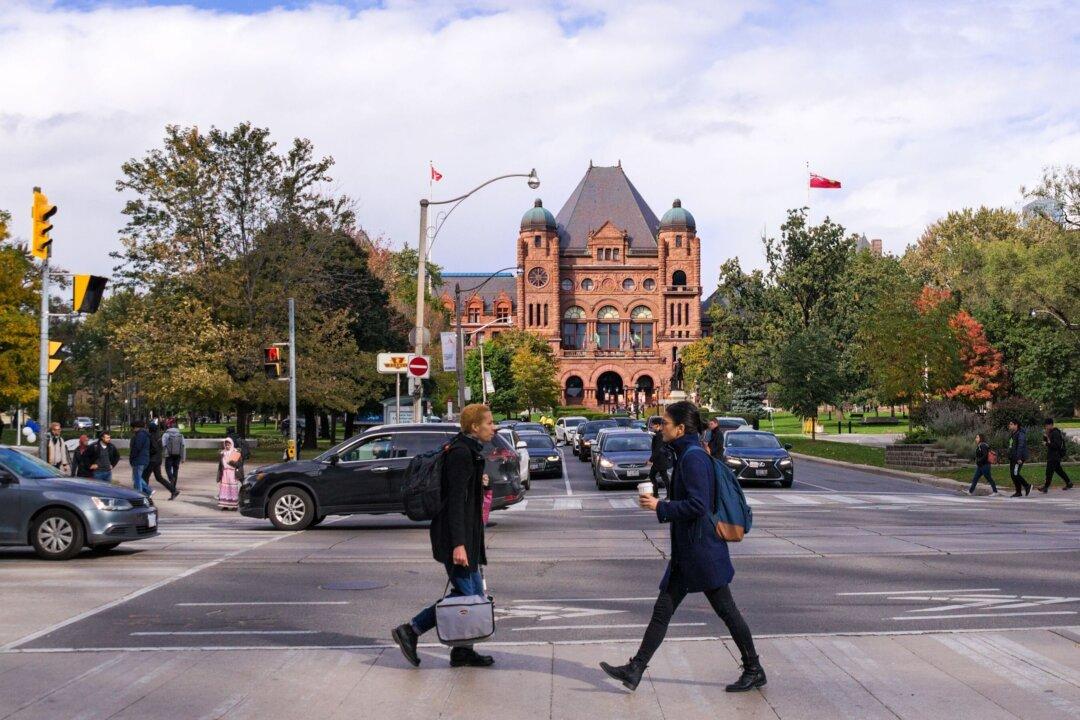With Ontario projected to run deficits until the year 2095, and with annual payments on debt interest alone projected to surpass $180 billion by then, taxpayers in the province should sit up and take notice, says the Ontario director of a tax advocacy group.
“I think people need to make their voices heard and tell our politicians that these are issues we care about,” Jay Goldberg, interim Ontario director for the Canadian Taxpayers Federation, told The Epoch Times.





